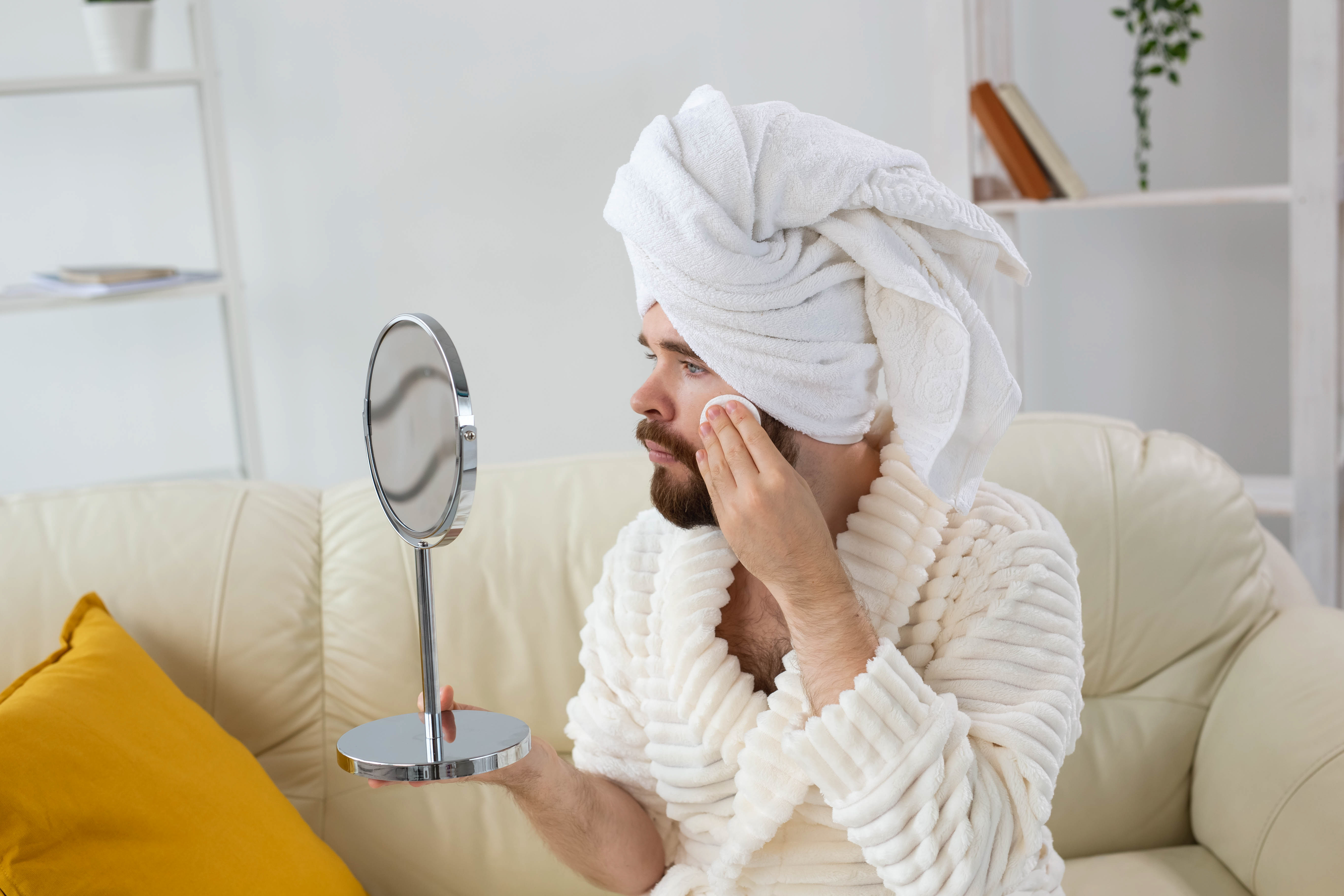14 Sneaky Gut Issues That Could Be Wrecking Your Digestion
The human gut is a complex and dynamic system that plays a critical role in overall health. Often referred to as the "second brain," the gut communicates with the rest of the body through various signals. When something is amiss, these signals can manifest in surprising ways that are easy to overlook. Recognizing these signs is crucial as they can indicate underlying issues that require attention. This article delves into 14 unexpected signs that your gut might be in distress, offering insights into how these symptoms arise and what they might mean for your health. By understanding these signals, you can take proactive steps to maintain a healthy gut and, by extension, a healthy body.
1. Persistent Fatigue: The Energy Drain

One of the more surprising signs of gut distress is persistent fatigue. While tiredness can result from numerous factors, when it becomes chronic, it often points to underlying health issues, including those related to gut health. The gut is responsible for the absorption of nutrients that provide the body with energy. When the gut is compromised, nutrient absorption can be impaired, leading to deficiencies that manifest as fatigue. Additionally, an imbalanced gut microbiome can produce toxins that enter the bloodstream, causing inflammation and fatigue. Recognizing fatigue as a potential gut issue can lead to dietary adjustments and lifestyle changes that restore energy levels and overall vitality.
2. Skin Issues: The Gut-Skin Connection

Skin problems such as acne, eczema, and rosacea can be distressing and persistent, often resisting topical treatments. Surprisingly, these issues can be linked to gut health. The gut-skin axis is a bidirectional communication pathway where gut health influences skin condition. An imbalanced gut microbiome can lead to systemic inflammation, which may manifest as skin flare-ups. Furthermore, certain gut bacteria can produce metabolites that affect skin health. Addressing gut health through diet and probiotics can often lead to improvements in skin conditions, highlighting the importance of looking beyond surface-level treatments.
